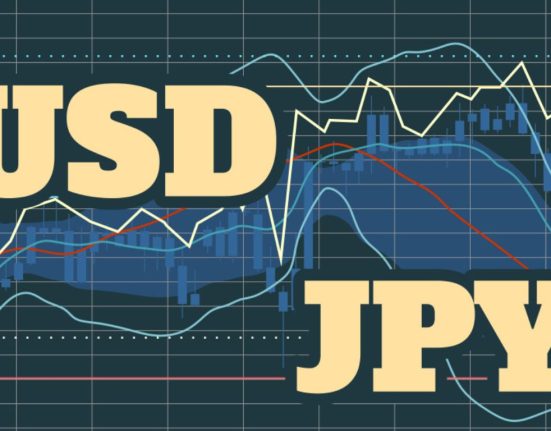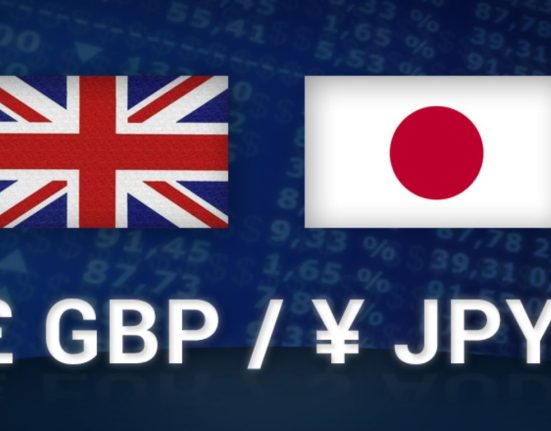Introduction
In the world of forex trading, the USD/JPY currency pair has been under the spotlight as the Japanese Yen (JPY) grapples with making a significant upside impact on the US Dollar (USD). Despite warnings from Japanese Finance Minister Shunichi Suzuki about the possibility of intervention if the JPY weakens further, the markets appear unfazed, waiting for tangible actions. This article delves into the intricacies of the USD/JPY exchange rate and the potential consequences of a weaker Japanese Yen, including its impact on Japanese exports.
USD/JPY Exchange Rate: The Current Scenario
As of the present week, the USD/JPY exchange rate remains elevated, indicating a persistent strength of the US Dollar against the Japanese Yen. Traders and investors keenly watch this forex pair as it reflects the economic dynamics and monetary policies of both countries.
Japanese Finance Minister’s Caution
Japanese Finance Minister Shunichi Suzuki has issued a cautionary note, suggesting that intervention might become necessary if the JPY continues to deteriorate, especially if it reaches the critical 150 mark. Suzuki’s statement raises questions about Japan’s willingness to intervene in the forex market to influence the exchange rate.
Markets Show Resilience
Surprisingly, the financial markets appear relatively unmoved by Minister Suzuki’s warning. This lack of immediate reaction begs the question: why is the market seemingly unphased until concrete action is taken?
Understanding Market Sentiment
Market sentiment is a complex interplay of various factors, and in the case of USD/JPY, it’s no different. Traders and investors often base their decisions on a combination of economic indicators, geopolitical events, and central bank policies. In this context, the resilience of the market could be attributed to several key factors.
Focus on Fundamental Data
One reason for the market’s lack of immediate reaction could be its focus on fundamental data. Traders might be waiting for economic data releases, such as inflation figures or GDP growth, to gauge the real economic health of Japan and the United States. These numbers can significantly influence trading decisions and outlook on currency pairs.
Central Bank Policies
The policies of the Bank of Japan (BoJ) and the Federal Reserve (Fed) are crucial drivers of USD/JPY exchange rate movements. Traders often await signals from these central banks, including interest rate decisions and statements, to assess the future direction of the currency pair.
Geopolitical Factors
Geopolitical events can also play a role in shaping market sentiment. Issues such as trade tensions, political instability, or global economic developments can impact the USD/JPY exchange rate. Traders may be monitoring such events closely before reacting to Suzuki’s warning.
Japanese Exports: A Silver Lining for a Weaker Yen
While a weaker Japanese Yen may raise concerns, it’s essential to consider how it could affect the Japanese economy, particularly its export sector. A depreciated Yen can make Japanese goods and services more attractive to foreign buyers, potentially boosting demand and bolstering the country’s export-driven economy.
Conclusion
In conclusion, the USD/JPY exchange rate remains elevated despite the warning from Japanese Finance Minister Shunichi Suzuki regarding possible intervention if the JPY weakens further. The market’s resilience may be attributed to various factors, including a focus on fundamental data, central bank policies, and geopolitical events. Furthermore, a weaker Japanese Yen could have implications for Japanese exports, which may be seen as a silver lining for the nation’s economy.








